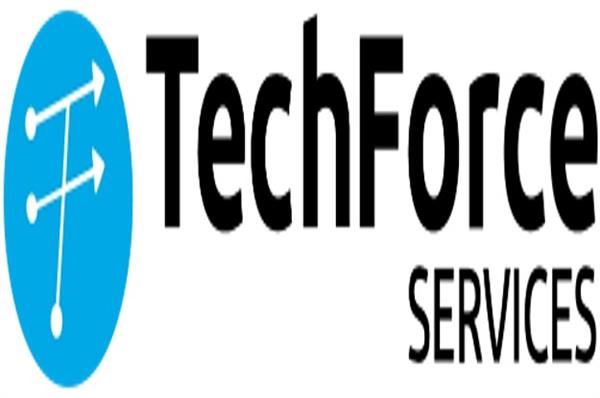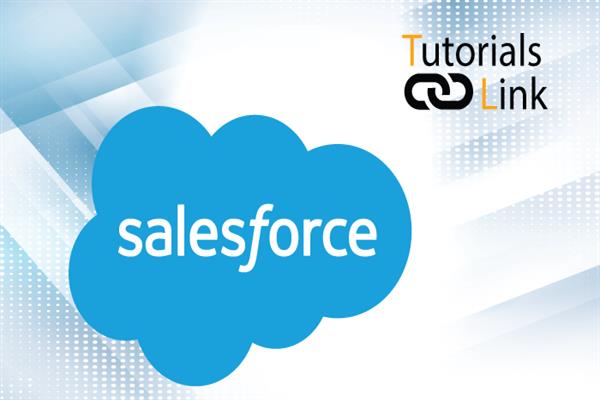Salesforce Customization for Educational Needs
In the realm of educational technology, customization plays a pivotal role in tailoring CRM solutions to meet the unique needs and challenges of educational institutions.

This article delves into the importance of Salesforce customization for educational needs, explores key features of Salesforce Education Cloud, and provides practical insights into successful customization strategies.
Understanding Salesforce Education Cloud Customization
Salesforce Education Cloud is a specialized CRM platform designed to address the distinct requirements of educational providers, from K-12 schools to higher education institutions. Customization within Salesforce Education Cloud enables administrators, educators, and staff members to configure CRM functionalities, tailor user interfaces, and integrate with existing systems to streamline operations and deliver personalized experiences for students and stakeholders.
Key Features of Salesforce Education Cloud
- Custom Objects and Fields: Salesforce Education Cloud allows institutions to create custom objects and fields tailored to specific educational processes, such as student admissions, enrollment management, academic advising, and alumni relations. Custom fields capture unique data points relevant to institutional workflows, ensuring comprehensive data management and informed decision-making.
- Workflow Automation: Educational institutions can automate complex workflows and business processes using Salesforce's workflow rules, process builder, and approval processes. Automation streamlines administrative tasks, such as application processing, course registration, and student communications, improving operational efficiency and reducing manual effort.
- Integration Capabilities: Salesforce Education Cloud integrates seamlessly with third-party applications, learning management systems (LMS), student information systems (SIS), and other educational tools. Integration facilitates data synchronization, enhances collaboration among departments, and provides a unified view of student information and academic performance.
- Analytics and Reporting: Salesforce offers powerful analytics tools, including dashboards, reports, and Einstein Analytics, that empower institutions to gain actionable insights into student engagement, retention rates, fundraising efforts, and alumni relations. Analytics-driven decision-making enables proactive interventions, personalized student support, and strategic planning based on data-driven outcomes.
Benefits of Salesforce Customization for Educational Institutions
Customizing Salesforce Education Cloud to meet educational needs offers numerous benefits to institutions striving for operational excellence, student success, and institutional growth:
- Enhanced Student Engagement: Personalized communication, tailored services, and proactive support foster deeper student engagement and satisfaction, contributing to higher retention rates and academic success.
- Improved Administrative Efficiency: Automated workflows, streamlined processes, and centralized data management reduce administrative burdens, minimize errors, and optimize resource allocation across departments.
- Data-Driven Decision Making: Access to real-time analytics and predictive insights empowers administrators and educators to make informed decisions, identify trends, and implement strategic initiatives that drive institutional goals and student outcomes.
- Scalability and Flexibility: Salesforce's scalable architecture and flexible customization options accommodate institutional growth, evolving educational needs, and changing regulatory requirements without compromising system performance or user experience.
Successful Salesforce Customization Strategies for Educational Institutions
Implementing effective Salesforce customization strategies requires careful planning, collaboration among stakeholders, and adherence to best practices:
- Needs Assessment and Requirements Gathering: Conduct a thorough needs assessment to identify institutional goals, user requirements, and pain points within current CRM workflows. Gather feedback from administrators, educators, and staff to prioritize customization features and functionalities that align with educational objectives.
- Configuration and Customization: Leverage Salesforce's declarative tools, such as Lightning App Builder, Custom Objects, and Process Builder, to configure CRM functionalities and customize user interfaces without extensive coding. Tailor workflows, data models, and user permissions to meet specific educational processes and operational workflows.
- Integration with Existing Systems: Integrate Salesforce Education Cloud with existing systems, including SIS, LMS, financial aid platforms, and alumni databases, to ensure seamless data synchronization and interoperability. Configure API integrations, data mappings, and authentication protocols to facilitate data exchange and maintain data integrity across systems.
- Training and User Adoption: Provide comprehensive training programs and user documentation for administrators, educators, and staff members to maximize proficiency in using customized Salesforce functionalities. Foster user adoption through hands-on workshops, ongoing support, and feedback mechanisms to encourage utilization of CRM capabilities in daily operations.
Case Studies: Customization Success Stories with Salesforce Education Cloud
Case Study 1: University A Enhances Student Support Services
University A customized Salesforce Education Cloud to enhance student support services and streamline academic advising processes. By configuring custom objects for student records, implementing automated advising workflows, and integrating with the university's LMS, the institution improved advisor efficiency, increased student satisfaction, and facilitated proactive interventions to support student success.
Case Study 2: K-12 School District B Optimizes Enrollment Management
School District B deployed Salesforce Education Cloud to customize enrollment management processes across multiple schools and districts. By creating custom fields for enrollment data, automating registration workflows, and integrating with state reporting systems, the district reduced administrative overhead, enhanced parent engagement, and simplified the enrollment experience for families.
Conclusion
Salesforce customization for educational needs empowers institutions to innovate, streamline operations, and deliver personalized experiences that enhance student success and institutional effectiveness. By leveraging Salesforce Education Cloud's customization capabilities, educational providers can tailor CRM functionalities, automate workflows, integrate with existing systems, and utilize analytics-driven insights to achieve strategic goals and drive continuous improvement. As educational institutions embrace digital transformation and adapt to evolving educational landscapes, customization with Salesforce Education Cloud emerges as a cornerstone for optimizing efficiencies, fostering innovation, and creating impactful learning experiences that prepare students for future success.





